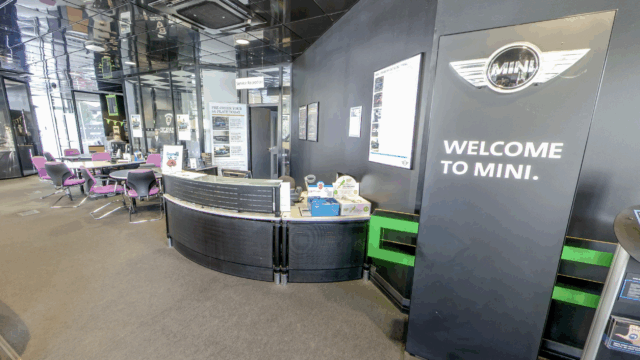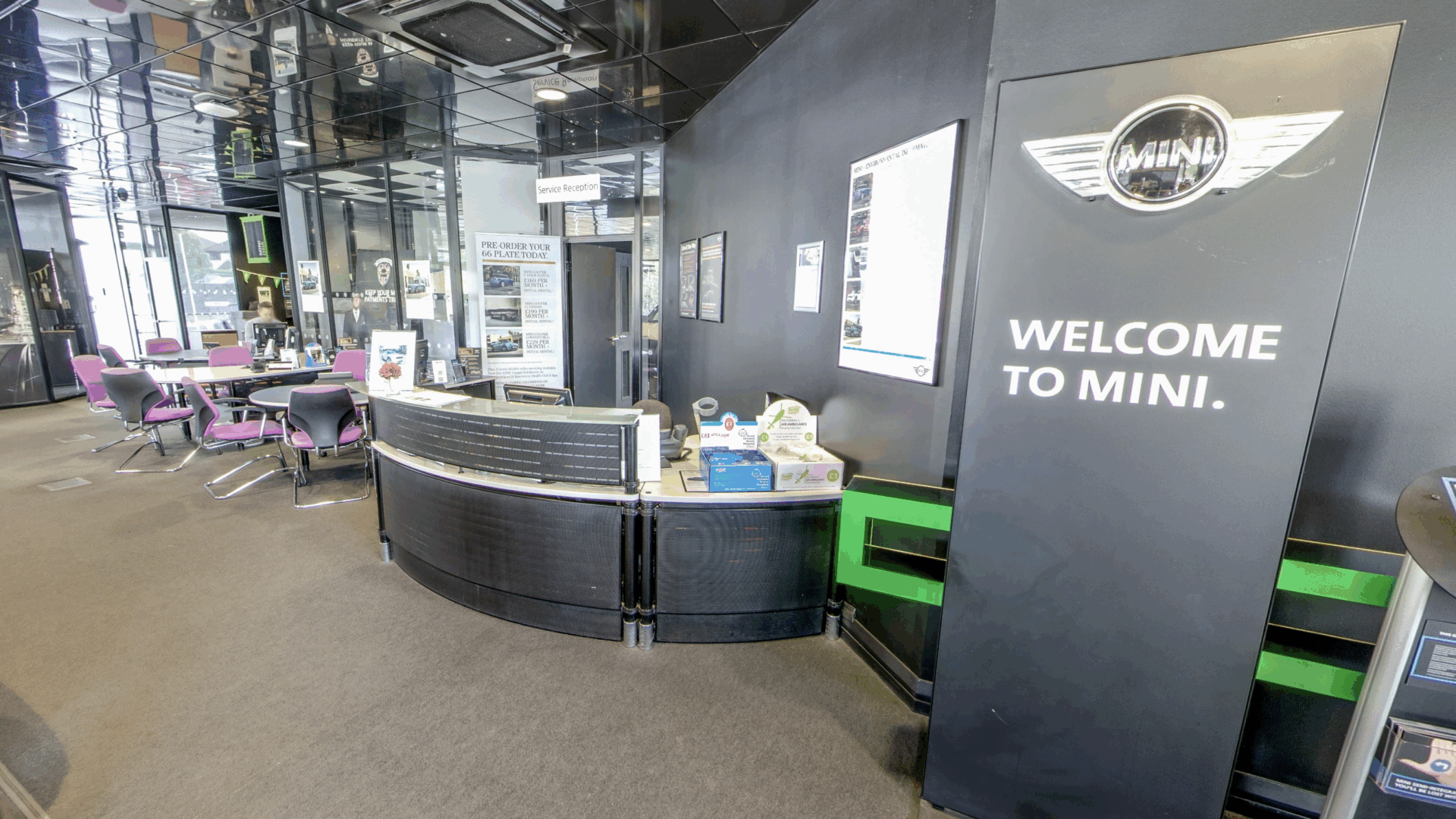A veteran sales manager who claimed to have been forced out of his job by workplace bullying has seen his claim for wrongful dismissal rejected by a judge.
Paul Bryant spent 18 years working at Group 1 Automotive’s Mini site in Colchester but quit in December 2023, after what he described as ‘bullying management behaviour’ from head of business, Karen Plane.
Bryant said that he had been shouted at and criticised unfairly by Plane, his line manager, causing him to lose trust in the company and resign.
After leaving the firm, he launched an employment tribunal against Group 1, alleging constructive unfair dismissal and wrongful dismissal.
The court heard evidence earlier this year and judge Rebecca Freshwater has now published her findings.
The tribunal heard that in August 2022, Plane warned Bryant to ‘tow the company line if you don’t want problems’ during a meeting.
The comment came after Plane had become concerned about the Bryant’s habit of criticising management decisions in front of colleagues.
Bryant interpreted the remark as a threat, telling the hearing that he feared he would lose his job if he did not stop raising issues.
The tribunal also reviewed a WhatsApp exchange in March 2023, where Bryant was criticised for choosing to work from home.
Plane is said to have messaged, expressing her disappointment at the decision adding: ‘It doesn’t look great when your team are here and you’re not.’
Bryant claimed that the message was unfair and accusatory, saying that other managers would often work from home without criticism.
He said the tone of the WhatsApp exchange left him feeling belittled and undermined by Plane.
Bryant later received a written warning in August 2023 for failing to arrange the collection of a part-exchange vehicle, which he argued was part of the campaign against him.
The tribunal accepted that the incidents had taken place but ruled that they did not amount to bulling by Plane.
Judge Freshwater also rejected Bryant’s claims that the behaviour amounted to a ‘repudiatory breach of contract’ and found that the action taken constituted ‘reasonable management behaviour’.
‘The conduct complained of would have been perceived as unfair by the claimant,’ she wrote in the judgement. ‘But viewed objectively it did not destroy or seriously damage the relationship of trust and confidence.’
In its own submissions, Group 1 claimed that Bryant resigned out of choice and was not forced out.
This, the dealer group said, meant he was not entitled to 12 weeks’ notice pay for his long service, which he would have been had the company dismissed him.
The judge agreed with argument, writing in her judgement: ‘Looking at the facts in the case objectively, I do not find that the respondent conducted itself in a manner calculated or likely to destroy or seriously damage the relationship of trust and confidence between the employer and employee.
‘This is in respect of all the acts in question: whether taken alone or together. The claimant was not constructively dismissed.
‘Mrs Plane clearly had a robust and direct style of management, but she did not bully or threaten the claimant.
‘In my view, the claimant did not like Mrs Plane’s approach and began to interpret everything she said or did as an act of bullying.
‘This may well have been his honestly held belief. However, my function is to look at the case objectively.
‘On the evidence before me, the claimant has interpreted what has happened as bullying and mistreatment and that he was being forced out of his job.’
Summing up her conclusions, the judge found that Bryant had ‘blamed Mrs Plane for everything that happened with little self-reflection’.
She said that it was ‘inevitable’ that colleagues would disagree at work and accused the claimant of viewing ‘disagreement as criticism’.
She added: ‘In reaching my findings in this case, I found the evidence of Mrs Plane to be credible.
‘She generally accepted (with the exception of the incident on 14 September 2023) where she had fallen short. She accepted in her oral evidence that should could be direct, though was adamant she was not aggressive.
‘By contrast, the claimant blamed Mrs Plane for everything that happened with little self-reflection such as when he received a written warning for not collecting a car that had been part exchanged.
‘Additionally, I note that the claimant views disagreement as criticism. It is inevitable that, in the workplace, colleagues will disagree, and that a manager may require someone to work in a different way.’
The full ruling can be viewed here.



































